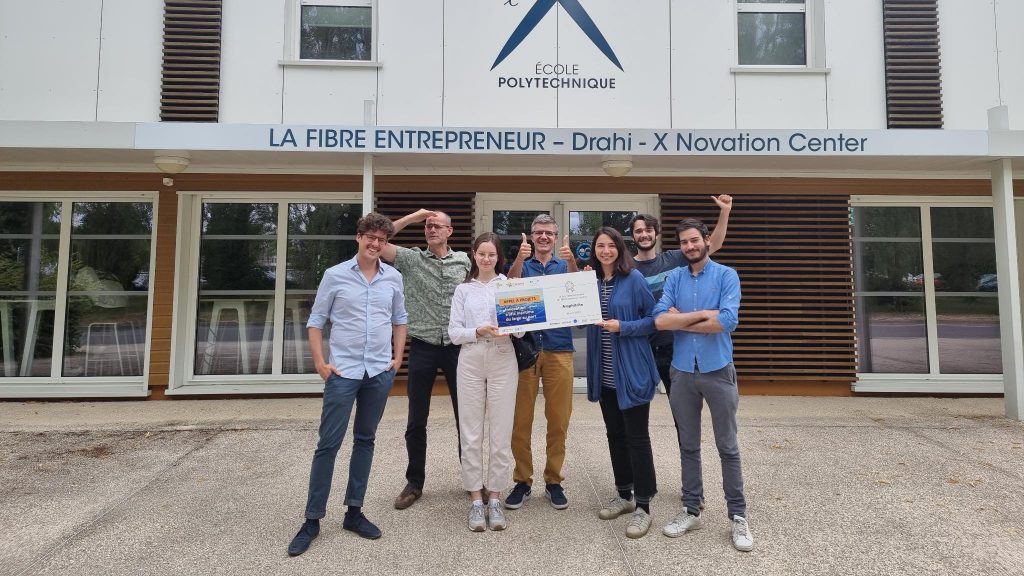AMPHITRITE in a nutshell
Location: École Polytechnique, Palaiseau (Paris), France
Status: Company established in December 2021
AMPHITRITE harnesses Artificial Intelligence to fuse ocean satellite data and provide key information to maritime stakeholders to take the best decisions at sea. Our solution for shipping provides high-resolution current maps, allowing vessels to slightly deviate from their route to gain in fuel and time, and reduce their emissions. This short-term optimal routing is trusted today innovative shipowners of the EU. Our technology also enables solutions for the defence and environmental monitoring sector. Particularly for the latter, we aim to develop monitoring systems for ocean microplastics concentration and pelagic species preservation, through observation of the ocean’s dynamics by satellite.
How much CO2 emissions can your solution save?
Our short-term routing via currents allows for a reduction of 3-5% of a vessel’s CO2 emissions along its trajectory, when an optimization is possible.
We note that the shipping sector, responsible for 3% of global CO2 emissions, enters an era of decarbonisation, widely adopting new technologies that allow it. Along with the International Maritime Organization, the EU Commission has been a legislation pioneer by recently introducing maritime transport emissions in the ECTS system.
Does your solution depend on suppliers from outside Europe?
AMPHITRITE is supported today by grants of the European Space Agency, the Copernicus Programme and Horizon Europe. Along with our harnessing of data stemming from European satellites (Sentinel-3 programme), we are proud to provide a solution and a business model that promotes European technological sovereignty.
Founders:
A team of four French and Greek graduates and researchers from the École Polytechnique, Evangelos Moschos, Artemis Ioannou, Briac Le Vu and Alexandre Stegner, founded AMPHITRITE, an ocean-tech start-up. After many years of research in oceanography, the team has understood the potential of the boom in satellite observation, allowing for a new generation of ocean data.








